 Kes on Star Trek: Voyager
Kes on Star Trek: Voyager
The way in which Kes manages to overpower the telepathic alien is through a metaphysical concept known as mirroring. When the alien directs toxic thoughts at her, Kes bounces the toxicity back at the alien as though she were a mirror. It’s a very simple concept to understand, and it actually is not incredily difficult to practice either. One simply visualizes a mirror around oneself and asks that any negativity that is sent towards oneself is returned back to the sender. It may take a while before one is able to make the mirror effective, though practice makes perfect.
Initially this was a spiritual defense tactic which I thought was bordering on immoral. I don’t like the idea of causing other people harm. I would never intentionally use metaphysics (or “magick” as many prefer) in order to put negativity on others. Therefore, I had difficulties with the idea of potentially hurting others through mirroring. I still struggle with it at times. However, the way I found peace with the concept of defensive mirroring is through the proverb of “reaping what you sow.” Based on this idea, one should never be putting out something that one doesn’t want coming back to oneself. Thus, if I don’t ever want anyone to intentionally put pain on me, I should never intentionally put pain on others. Anything I do choose to send out in energetic form, I should be aware that it could come back to me. Those who are willing to engage in the sending of negative energy need to be recognize it may come back to them.
I still prefer not to use mirroring as my primary defense method. I maintain high metaphysical shields, especially in public, and I often ask my guides and angels to help protect me. I keep my vibrations as high as possible so I don’t attract negativity. It is very rare when I set up a mirror defense around me as I don’t want to do harm to others even if they’ve sent harm out towards me. However, as a method of last resort, a “return to sender” on an energetic package can be quite effective.
© 2015 Elizabeth Galen, Ph.D., Green Heart Guidance, LLC





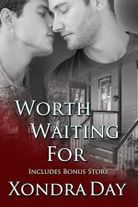
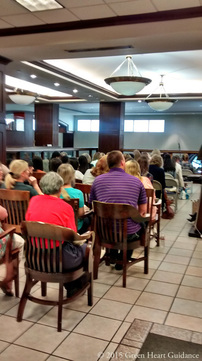

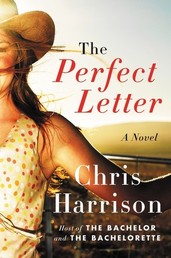
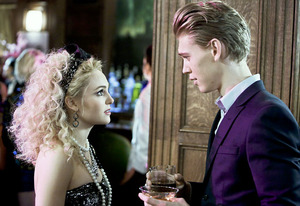
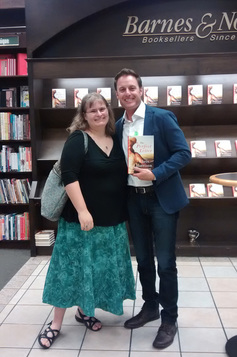

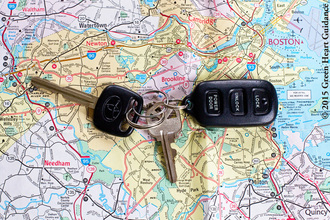
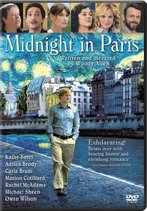

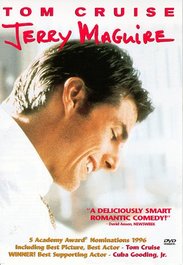
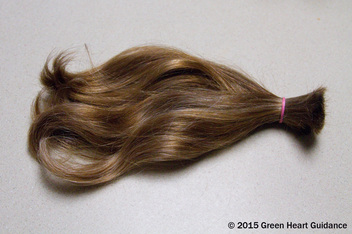

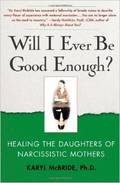

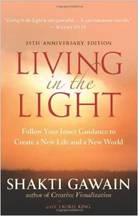
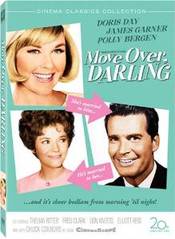




 RSS Feed
RSS Feed